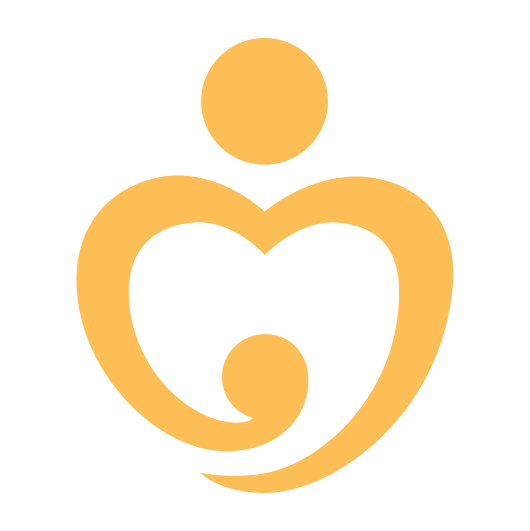Rebuilding Lives: OHW’s ongoing Relief Efforts in earthquake-affected Rukum West
By LokMani Giri in Rukum West
Karnali Province’s challenges for better healthcare, particularly maternal and neonatal, have intensified after the devastating earthquake on November 3, 2023. One Heart Worldwide’s team has been on the ground, taking every step necessary to re-establish quality services and ensure safe pregnancies and motherhood care.
An Earthquake Strikes in Jajarkot
I vividly recall the night of November 3, 2023, when the destructive earthquake struck Jajarkot and also caused a huge tremor in Rukum West, where I am stationed as the District Coordinator of One Heart Worldwide (OHW). At precisely 11.57 PM, my wife, our two-month-old son, and I were abruptly awakened by the massive tremor. Fearing for our safety as our house was not earthquake-resistant, we hurriedly gathered outside with the panicked crowd.
Amid the chaos, we sought quick information through the still-functioning internet and were confronted with news of numerous casualties, injuries, and widespread destruction. Being involved in maternal and neonatal health and as a new father myself, my foremost concern was for pregnant women, mothers, and infants.
Given the severe winter conditions in Rukum West and Jajarkot Districts, compounded by the earthquake striking at the onset of November, I worried about how women and babies were enduring the cold.
I immediately got a call from our Executive Director, Surya Bhatta, who shared concerns for my family's safety and provided information about the local situation, particularly the impact on health facilities. Taking immediate action, I communicated with my colleagues in Rukum, and they shared information about the destruction of two health facilities in the Ghetma and Chainabagar wards.
These wards, part of Sanibheri Rural Municipality in Rukum West, have been implementing OHW’s MNH program since 2022. While the Chainabagar Health Post faced complete destruction, the birthing center of Ghetma Health Post survived with minor damages, while the rest of the facility suffered severe damage.
Our team swiftly established medical tents in both wards, offering essential services like the Outpatient Department (OPD), antenatal care (ANC), and postnatal care (PNC). Despite improvements, the situation remains fragile. The Ghetma birthing center is in a semi-functional state. In Chainabagar, the Government created a make-shift birthing facility in a two-room house, kindly provided by a local family.
Essential medical equipment, including delivery beds, mattresses, carpets, birth preparedness sets, thermometers, tables, and chairs, has been supplied to medical tents and birthing centers. The dearth of quality birthing facilities was an existing concern even before the earthquake.
For example, in Chainabagar, the Government's plan to construct a proper birthing center faced a hurdle due to the lack of government-owned land. OHW had expressed willingness to assist in building a birthing center on a cost-sharing basis, with plans underway to locate suitable land.
Our team on the ground is committed to providing extensive support. We are assisting government health service providers in securing a safe working space within the tents, where 25-30 pregnant women and mothers with newborns receive ANC and PNC services. Before OHW's intervention, the situation was dire, with all services confined to a single small room. The introduction of tents has significantly improved conditions, offering relief to both service providers and mothers in need.
Furthermore, Nurse Ganga BC, trained with OHW's support as a Skilled Birth Attendant (SBA), is actively involved in Chainabagar, contributing to birthing deliveries and PNC services.
Challenges ahead
Ensuring quality healthcare necessitates adequate space and effective management, both of which are currently lacking. The long-lasting impacts caused by this earthquake raise our concerns about the increasing trend of home births in the affected Districts. Families often express discomfort and a sense of insecurity in visiting the health facilities, which remain in a poor state. Additionally, the makeshift birthing facilities lack proper heating and hygiene conditions, posing risks to women's overall well-being.
In Chainabagar, the only available space is two small rooms in a private household, and each room can barely accommodate a maternity bed. There is no additional space for 24-hour postnatal care. The rooms, situated in a cold rural municipality ward with a cement structure most suitable for summer weather, are challenging. Despite these constraints, four birth deliveries have been managed, with mothers and babies kept for a maximum of two hours before being sent home.
Accessing other health facilities from both municipalities poses challenges due to significant distances and difficult journeys. The nearest birthing center from Chainabagar is accessible by vehicle in at least 30 minutes. In contrast, Ghetma faces a more extensive journey of at least 2-3 hours, exacerbated by a lack of available vehicles and difficult off-road conditions.
Despite these obstacles, our team persists in reaching pregnant women in need. An eight-month-pregnant woman visiting our tent expressed optimism about positive changes resulting from our assistance. While signs of hope emerge among the local population, health workers, aware of ground realities and persistent challenges, remain cautiously optimistic, bearing the evident stress and burden.
One Heart Worldwide acknowledges a significant challenge: excelling in providing long-term solutions for maternal and neonatal health while recognizing the need to enhance immediate relief efforts during emergencies. Despite limited resources, our team diligently built medical tents - a crucial resource for government health service providers to have proper working spaces for delivering services to earthquake-affected mothers and the general population.
There are still urgent needs, including emergency supplies like clothing, blankets, hygiene kits, and kitchen utensils for mothers. With the support of the German Embassy, we are prepared to deliver significant humanitarian aid, recognizing that the need for assistance among affected families remains critical more than 3 months post-earthquake.
The disaster in the region serves as a valuable learning experience. Given Karnali Province’s susceptibility to disasters like landslides, adequate preparedness is imperative. The earthquake has provided essential lessons, motivating One Heart Worldwide to intensify efforts to support mothers impacted by natural disasters.






